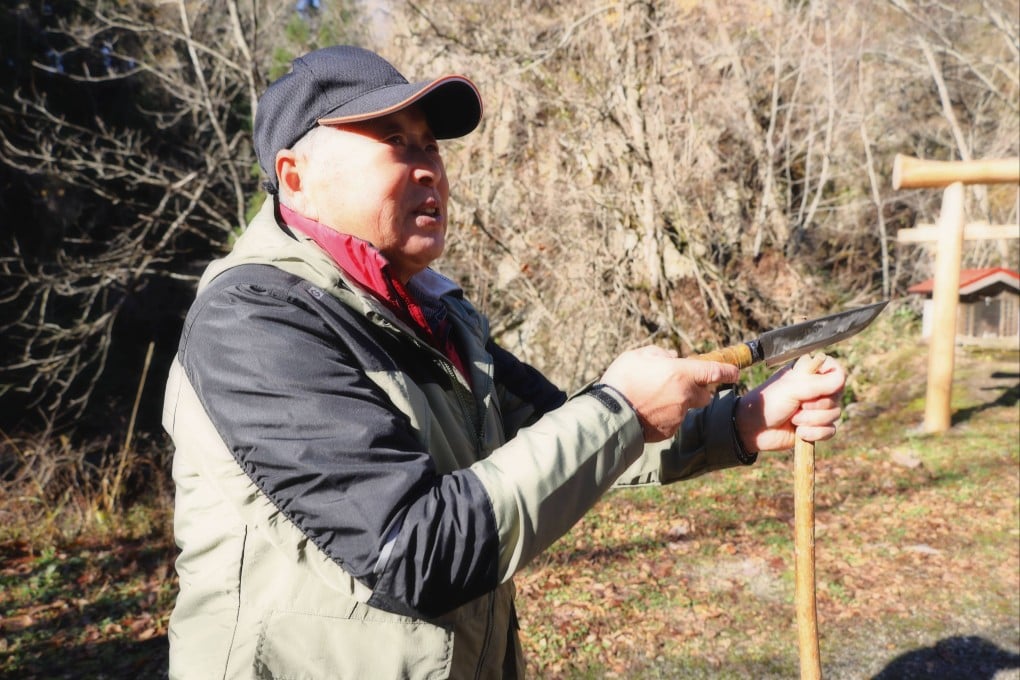How hunting is trending in Japan as young and old dust off ancient techniques in search of wild game
- Game hunting is becoming more popular in Japan, with young city dwellers and local clan members reviving the ancient practice - for various reasons

It is 6.30am on a cold winter morning in Hadano, Kanagawa, and though the prefecture is next to western Tokyo, it is a world away. Misty mountains are covered in dense woodlands, agricultural communities grow vegetables and live in traditional wooden houses, and there is hardly a convenience store for kilometres.
Also living within these thick forests are boars, deer, monkeys, even bears, all of which normally mind their own business.
Recently, however, the number of bear sightings within human proximity and the resultant media coverage has thrust the problem into the public consciousness.
Switch on the news over the past few years, and you would have seen a recurring theme of bears wandering close to homes, sometimes sleeping on balconies, even ransacking kitchens.

According to the Japanese Ministry of the Environment, between April and November 2023 there were 193 bear attacks on people with six fatalities, the highest number of attacks since records started, 17 years ago.
And in a recent NHK interview with Tokyo University of Agriculture professor Koji Yamazaki, the long, hot summer of 2023 “was particularly problematic due to a nationwide lack of food. Bears are entering residential areas probably because they do not fear humans, and due to a shortage of food, like beechnuts.”
